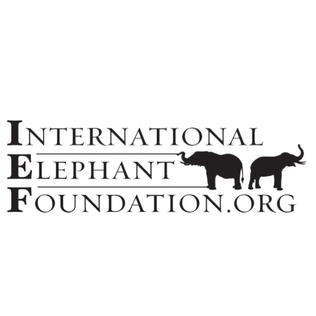AZLE, TEXAS, USA
Established in 1999, the International Elephant Foundation (IEF) is credited with being inspired and created by Michael Fouraker, Executive Director of the Fort Worth Zoo in the USA. In its words, IEF ‘creates a sustainable future for elephants’. It claims to generate and effectively invest in resources to support elephant conservation, education, research, and management programs worldwide. It says that it puts most of its effort and money into programmes that combat poaching in Africa and Asia and into research designed to find the means to reconcile ‘communities and elephants’, so that they can live together without conflict.
The International Elephant Foundation is one of the leading bodies behind the publication of the Elephant Husbandry Resource Guide, which sets out the standards for managing elephants in circuses, non-AZA zoos, private individuals, sanctuaries, and corporations. In the USA, animal rights groups led by Humane Society US and Fund for Animals are hostile to IEF because of its support for keeping elephants in captivity. As part of their anti-captivity campaign, these militant animal rights NGOs were forced to pay Ringling Bros. and Barnum & Bailey Circus a total of USD25.2 million in damages for making false accusations (note: the circus’s Vice President for Government Relations Tom Albert is also vice president and secretary of IEF).
Leaders
Dr. Barbara Baker is the current president and Tim Morrow is president-elect and treasurer.
Governance
The organisation is self-governing. The IEF’s board members are largely elephant management experts. Other board members include zoo directors, veterinarians, private owners, and circus business managers.
Finance
According to its annual report, IEF raised $711,538 in revenue and spent $723,715 in 2019. Of which ten percent went on management and three percent on fundraising.



